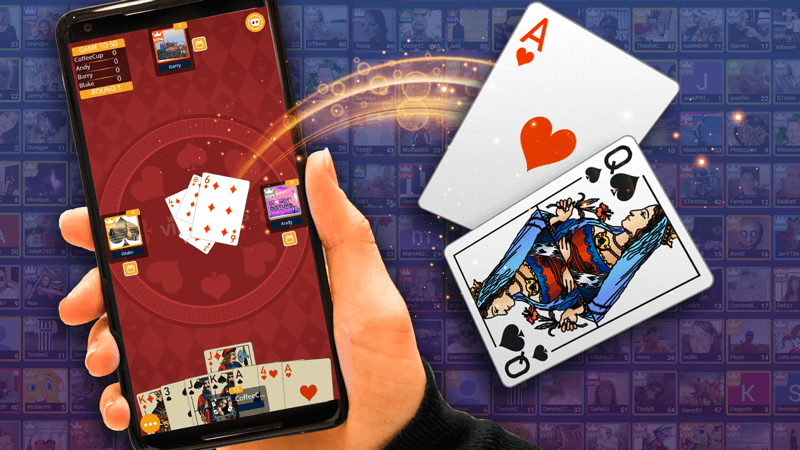In recent years, the landscape of entertainment has undergone a significant transformation, with online gaming emerging as a dominant force. This evolution reflects not just advancements in technology but also changes in social dynamics, culture, and even education Megaxwin. With millions of players globally, online games have established themselves as a multifaceted platform for entertainment, competition, and community building. This article explores the rise of online games, their various genres, the impact they have on society, and what the future may hold.
The Evolution of Online Gaming
Online gaming traces its roots back to the late 1970s and early 1980s, with text-based games like MUD (Multi-User Dungeon) paving the way for multiplayer experiences. The advent of the internet in the 1990s marked a turning point, allowing players to connect from different parts of the world. As technology progressed, so did the complexity and quality of games. The introduction of broadband internet in the early 2000s facilitated smoother gameplay and richer graphics, making online gaming more accessible.
Today, online games encompass a broad spectrum of genres, from massively multiplayer online role-playing games (MMORPGs) like World of Warcraft to battle royale games such as Fortnite and PUBG. Each genre caters to different audiences, providing unique gameplay experiences that can range from cooperative missions to competitive tournaments.
The Social Aspect of Online Gaming
One of the most significant aspects of online gaming is its ability to foster social connections. Players from diverse backgrounds can come together, forming friendships and communities that transcend geographical boundaries. Games often include features such as voice chat, in-game messaging, and social media integration, enhancing the communal experience.
Moreover, online gaming has become a platform for social interaction during times of crisis, such as the COVID-19 pandemic. With social distancing measures in place, many turned to online games as a means of staying connected with friends and family. Virtual events, concerts, and gatherings within games provided a sense of normalcy and community during isolation.
The Impact on Mental Health and Well-being
While online gaming has its merits, it also raises questions about its impact on mental health. On one hand, studies suggest that gaming can enhance cognitive skills, improve problem-solving abilities, and provide a therapeutic outlet for stress relief. On the other hand, excessive gaming can lead to issues such as addiction, social withdrawal, and anxiety.
To address these concerns, many gaming companies have started to implement features aimed at promoting healthy gaming habits. These include parental controls, reminders to take breaks, and initiatives to encourage responsible gaming practices. Moreover, mental health awareness campaigns within the gaming community are gaining traction, highlighting the importance of balance and well-being.
The Future of Online Gaming
The future of online gaming is poised for further innovation. The rise of technologies such as virtual reality (VR) and augmented reality (AR) is set to redefine the gaming experience, making it more immersive and interactive. Platforms like Meta’s Horizon Worlds and Microsoft’s Mesh are pioneering the use of VR and AR to create shared experiences that feel more lifelike.
Additionally, the growth of cloud gaming services, such as Google Stadia and NVIDIA GeForce NOW, promises to make high-quality gaming accessible to more players, regardless of their hardware. This democratization of gaming technology may lead to a more inclusive gaming environment, where skill and creativity take precedence over expensive equipment.
